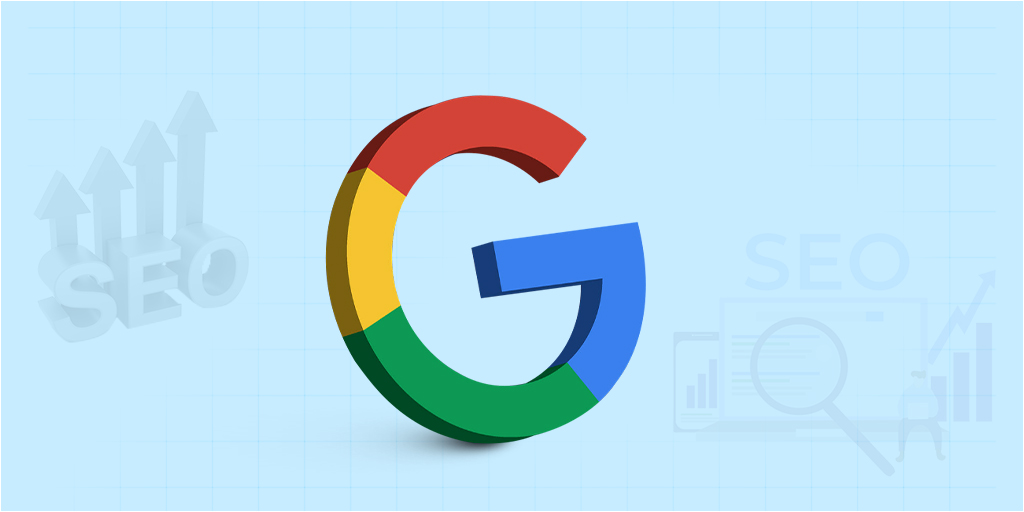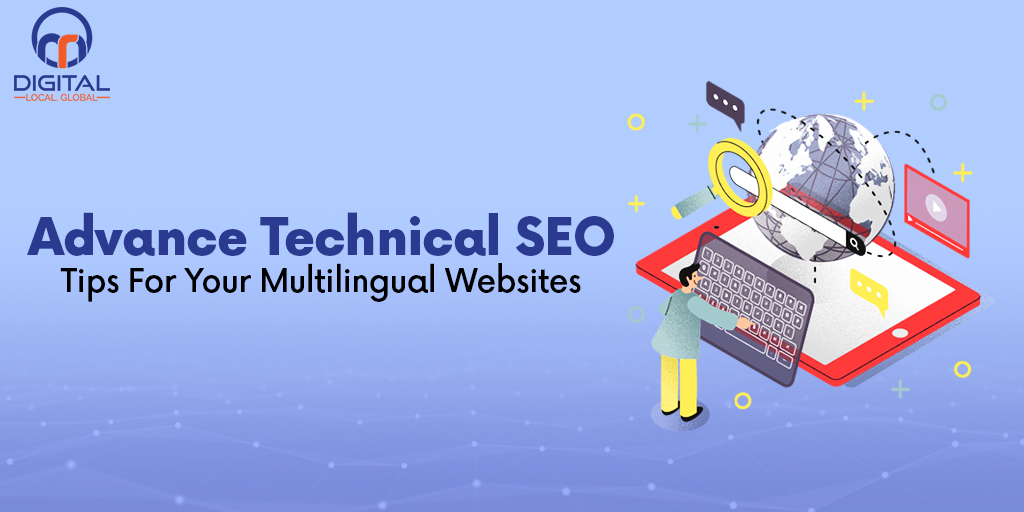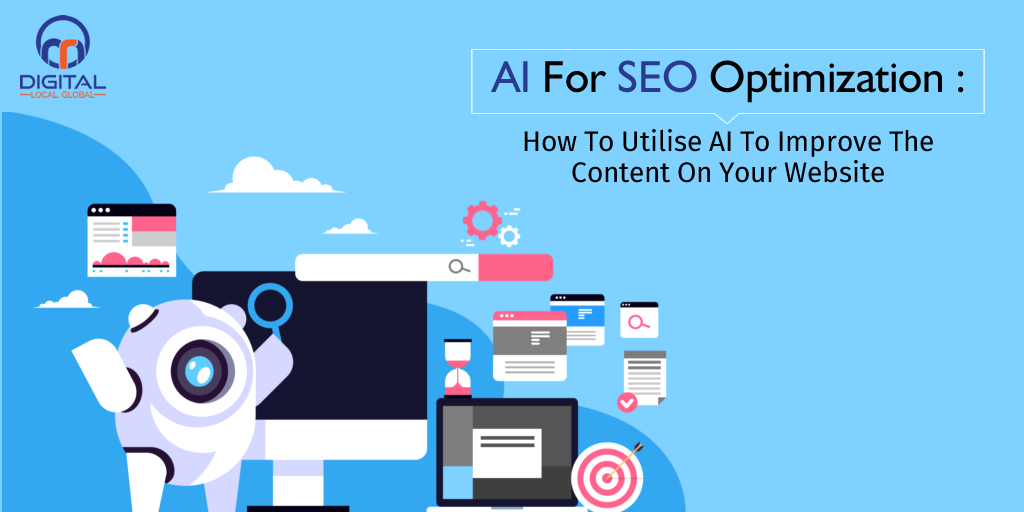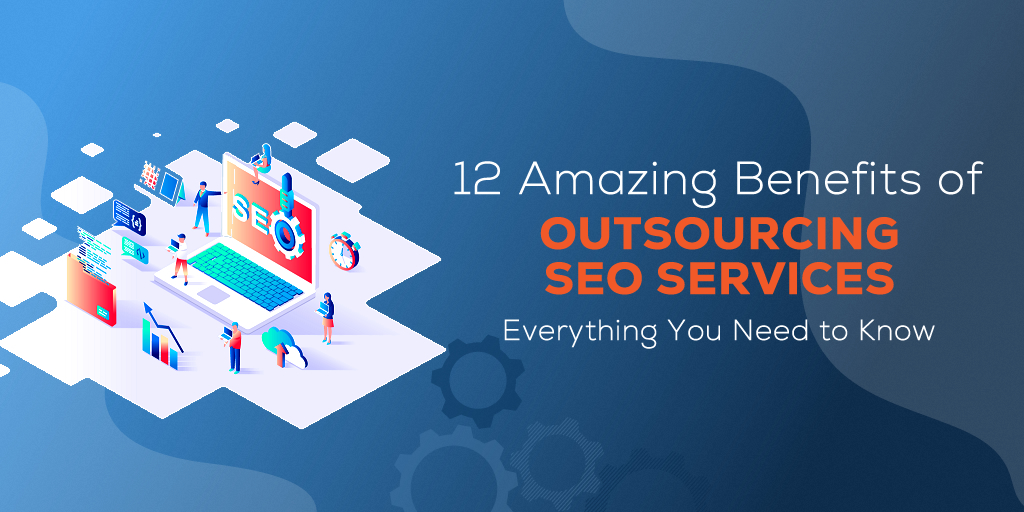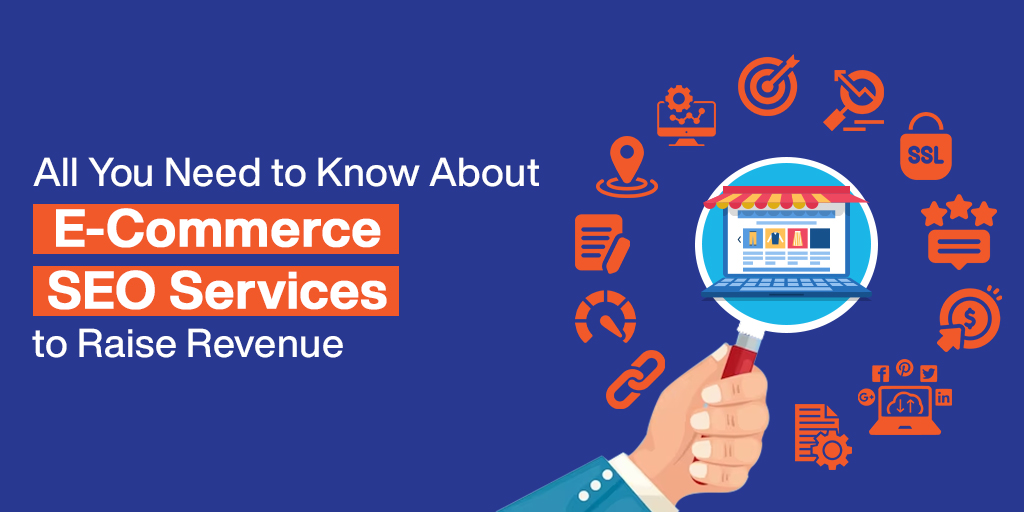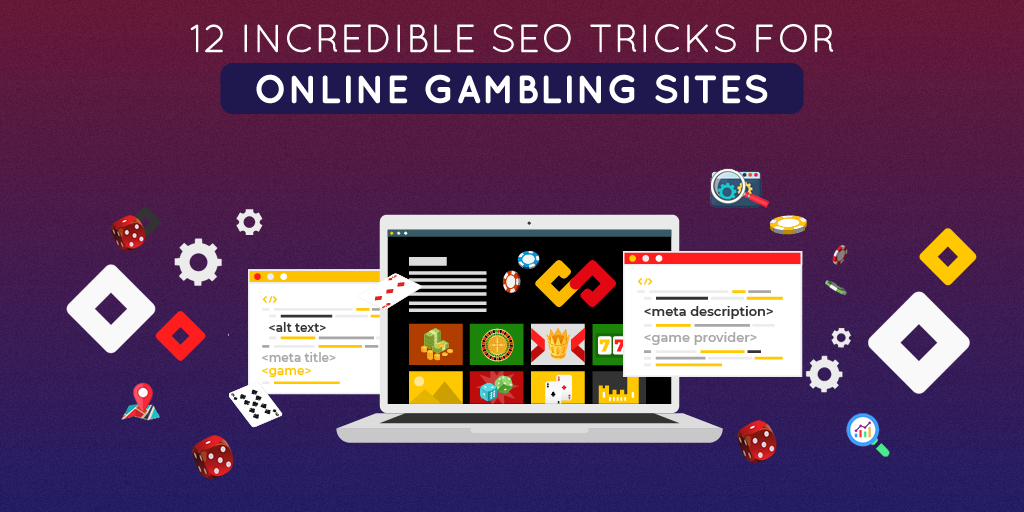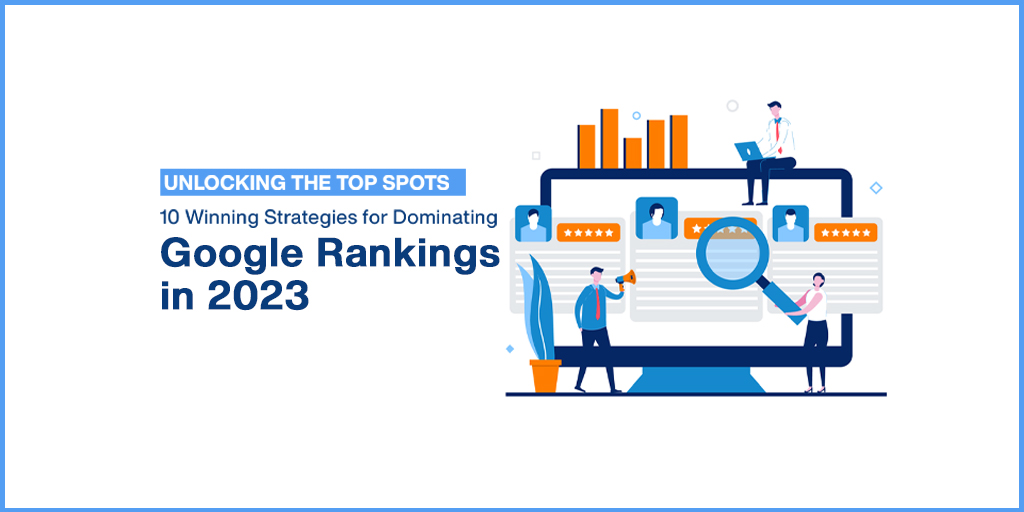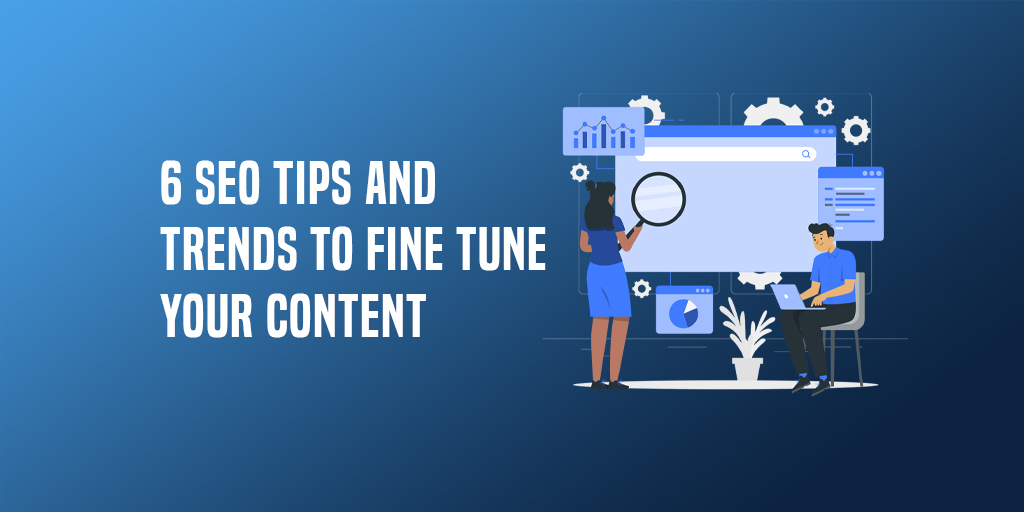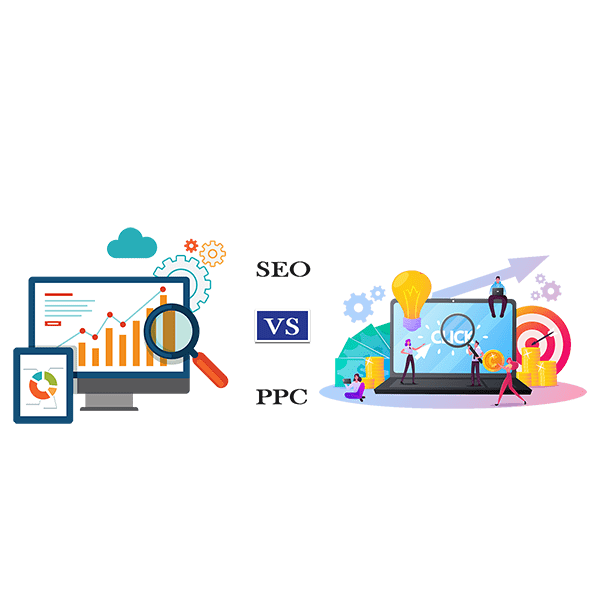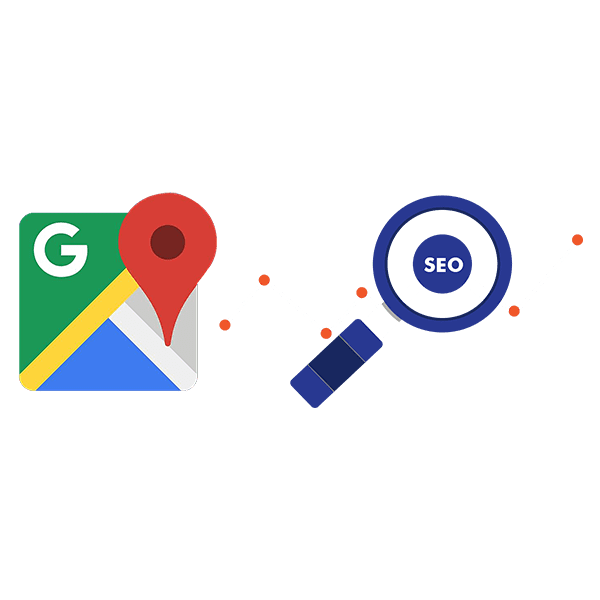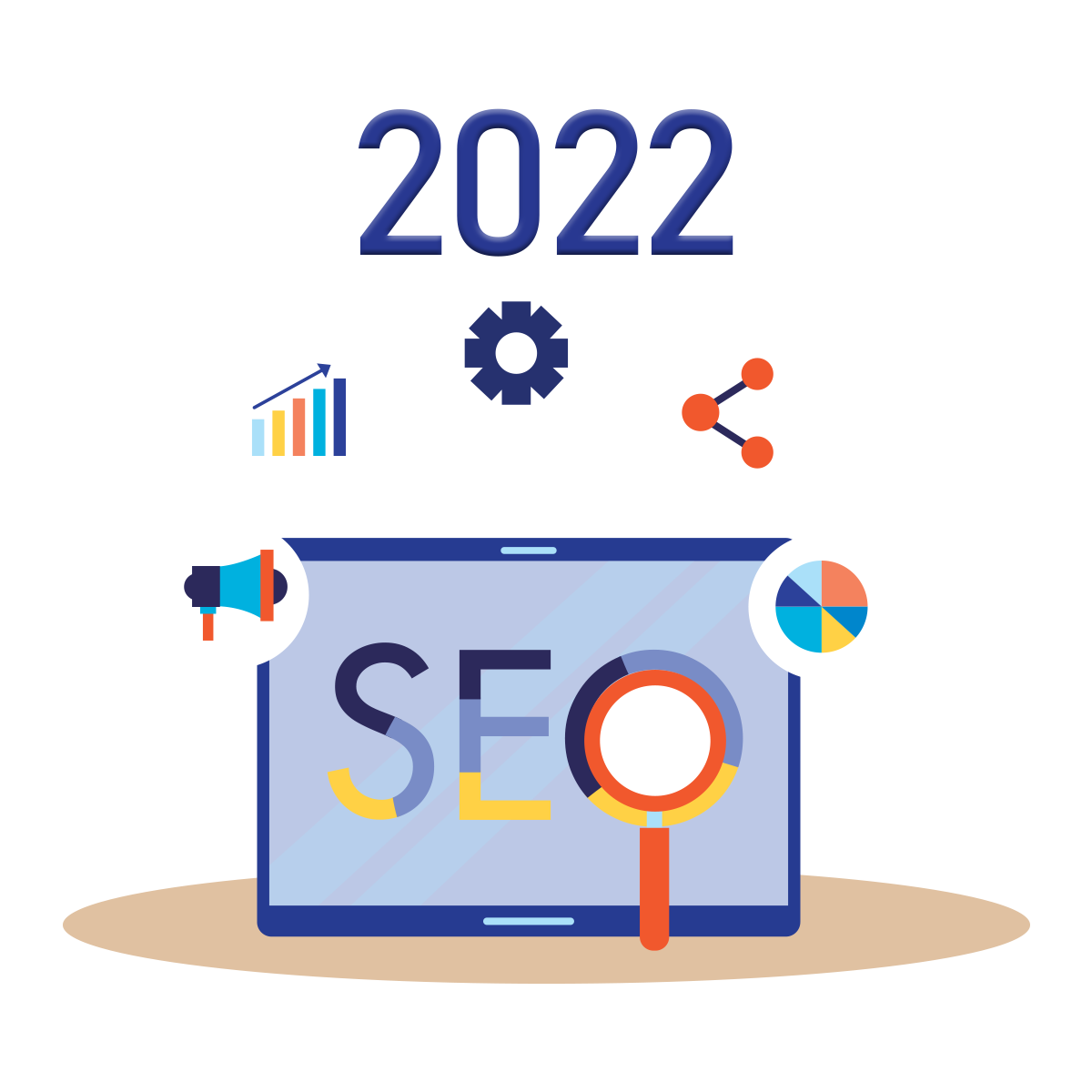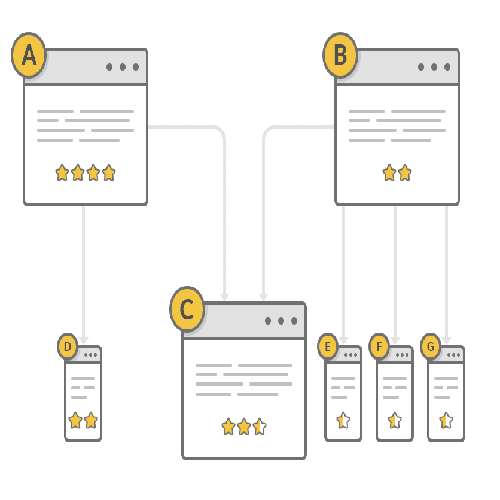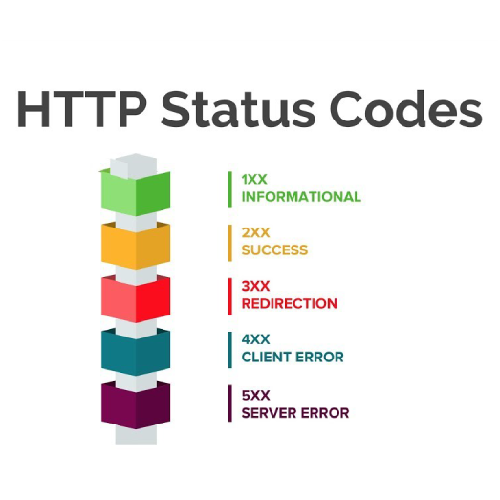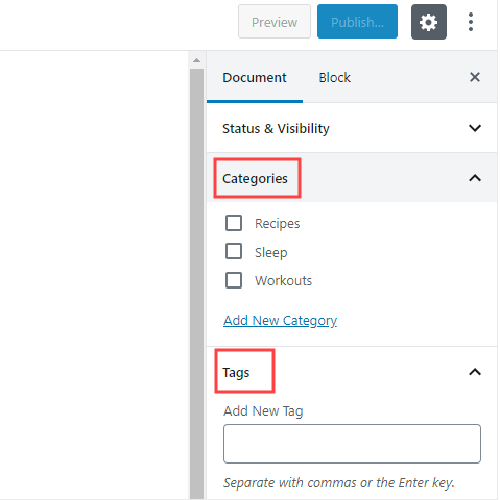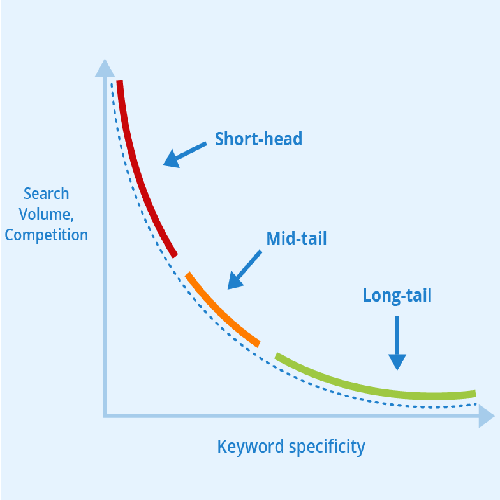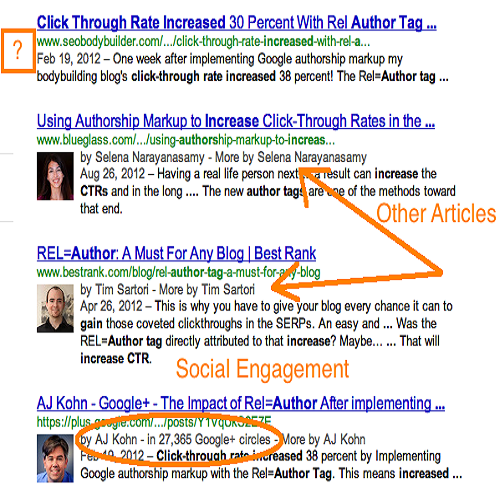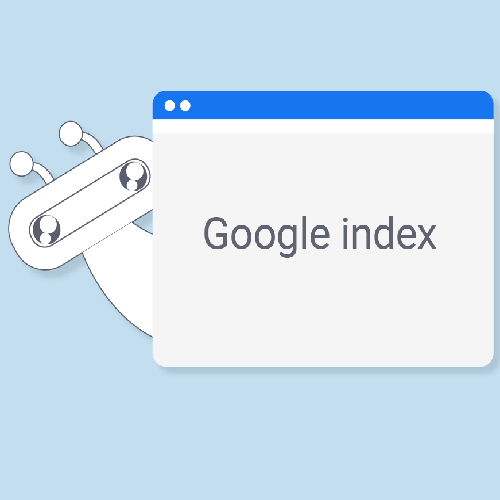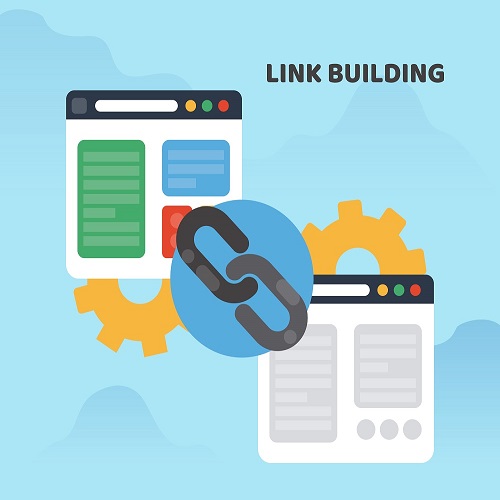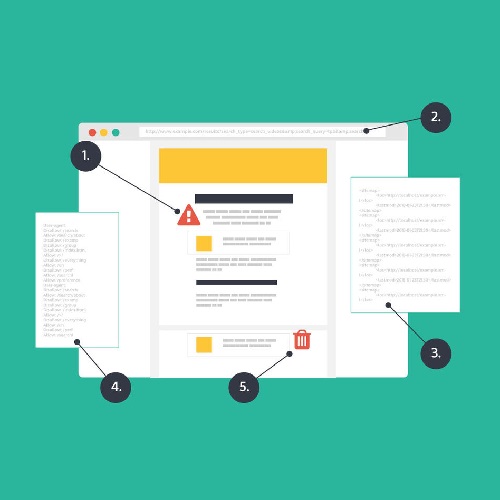Contact Us
Related Posts
Category

Now, the significance of designing a responsive website that provides an optimal user experience across platforms has become more noteworthy than ever before. User expectations for digital experiences are developing dramatically, requiring organizations to adopt their websites accordingly or risk losing important and valuable traffic, revenue, conversions and market share.
From responsive design and API integrations to payment portals as well as conversational marketing platforms, website technology is progressing and is advancing with a rapid pace. These improvements are provoking numerous C-suite pioneers to overhaul the design as well as functional capabilities of their existing websites by migrating to a new platform. Be that as it may, this is a difficult task, and for the ill-equipped, it can have devastating and costly consequences.
Forthright Migration Cost & Backend Traffic Loss, together lead to double trouble
It is an obvious fact that overhauling or rebuilding a website in 2021 is expensive. It’s additionally expensive to delay an overhaul, or to upgrade without an appropriate plan set up, risking the loss of the valuable traffic on the back end of a migration.
Enter: SEO
Migrating to a new domain can be an extraordinary business move, yet you don’t need to be a SEO expert to realize that a delightful new website is useless if no one knows you exist. An expensive upfront investment can end up costing you significantly more in the lost traffic that often originates from a lack of SEO planning.
Decreases in rankings and traffic, Google penalties and poor user experience can result from improper SEO migration planning, all resulting in lower revenue at a time when the website is expected to increase revenue.
Moreover, without proper SEO migration planning, an organization will miss out the chance to identify areas in which they can upgrade their sites’ organic performance and develop its engagement with users to optimize conversion rates.
SEO Website Migration Checklist
Now that we have covered that it is so fundamental to create a vital SEO strategy during a site migration, it’s an ideal opportunity to discuss the steps for executing SEO solutions into your migration strategy.
To begin with, to ensure an optimal migration, you should have a clear plan as a primary concern. This plan ought to include three phases:
- Set Goals and Objectives: Share clear, realistic goals and objectives with significant stakeholders to set and oversee assumptions for the migration. Talking about and conceding to the key points in the set-up phase will assist in keeping the project within the scope and budget.
- Review Keyword Focus: Align your development and content creation groups so they have a comprehension of the significance of your focused keyword strategy, ensuring the site is designed with SEO in mind. This may require some training of C-level or non-technical employees, associated with the migration. Understanding the significance of SEO is critical to the success of your migration.
- Identify Priority Pages: It is essential to identify priority pages from losing perceivability during the migration process. At the point when you are identifying priority, pages ponder which pages drive the most traffic, pages that convert well and backlink magnets. These pages are your site’s most valuable assets.
- Benchmark Current Site: Note your inheritance site’s key SEO metrics, for example, load times (desktop and mobile), number of backlinks, keyword rankings, and so forth This will allow you to tangibly compare performance before as well as after migration, and for areas that are causing issues, it gives reference points to determine where and why they are occurring.
- Review Staging Environment: Ensure that the website is not accessible to search engines, however can be crawled on demand for testing before launch.
- Pre-Launch Testing: There is a great deal that goes into this portion of the pre-launch SEO work, including reviewing: page templates, metadata structure, all relevant data, content (quantitative and qualitative), crawl time issues, internal link structure, JavaScript crawling, mobile optimization, custom 404 pages, HTML sitemap, reviewing the XML sitemap, analytics implementation, redirects, social media optimisation and some other basic parts of your website.
LAUNCH DAY
- Check Search Engine Crawling: Spot-check the robots.txt file for any review server responses (mobile and desktop), crawling issues, review canonical tags for errors, check for unintentional no-index or no-follow directives, and identify and fix cloaking issues if necessary.
- Redirect Work and Confirmation: Apparently the most important task associated with the migration, is that it is critical to ensure old URL’s redirect appropriately to the new website. Avoid temporary and/or legacy redirect issues, and ensure redirect rules are working as expected in all cases.
- Search Console Setup: Review how Google is indexing the new website. Check for critical issues and use “Fetch as Google” on every page type. Test each sitemap and give best practices to assist search engines discover redirects. Upload a new disavow file and address all duplicate content issues.
- On-Site Google Compliance Review: Review all images, internal links, metadata and so on, to ensure Google compliance.
POST LAUNCH
- Check the Index Status report: This permits you to intently monitor indexation.
- Monitor the sitemap’s indexation levels: This assists you ensure that your pages are appropriately indexed by finding gaps.
- Keep an eye on the Crawl Stats report: Search for drops in the number of pages Google crawls every day.
- Download and review the Crawl Error report daily: Consider redirecting the more valuable pages.
- Review the HTML Improvements report: Find and correct missing or duplicate title tags.
- Check your website’s server log files: Look for crawling patterns and information.
Investing into a new as well as enhanced website, that is responsive and better serves the users’ requirements, can be a profoundly beneficial business decision. Avoid the costly risks associated with a website migration and ensure you get the full benefit of your investment, SEO must be viewed as a priority and integrated into your migration plan from the very beginning.
Devoting the effort and time to execute this SEO procedure will assist you with ensuring a successful migration from plan to launch. Contact professional and experienced SEO Experts at OMR Digital, for more information on how our professional SEO services can help protect your investment, prevent traffic loss and grow your business.
By leveraging our affordable SEO services, you can strengthen your brand’s online presence.
OMR digital is the best SEO service company that gives its clients the start to finish SEO optimization services to enhance search rankings as well as brand disclosure.
Moreover, with hiring professional SEO experts from OMR, you can generate leads and drive organic traffic to your website, improve search rankings and generate leads.















































